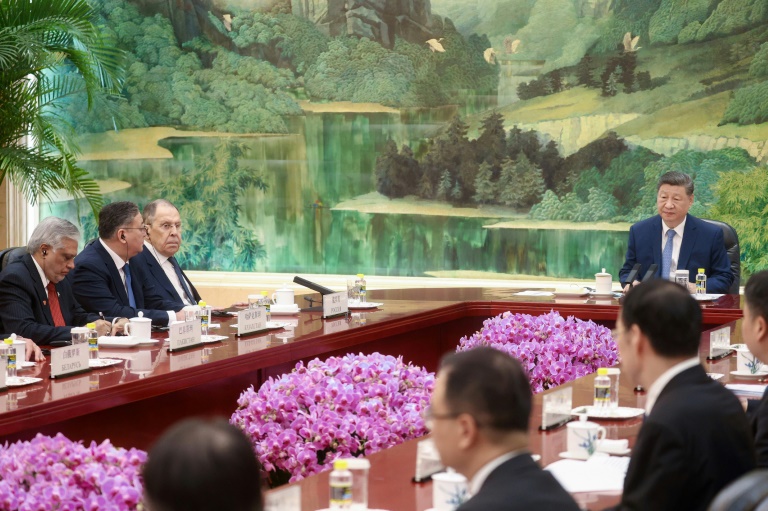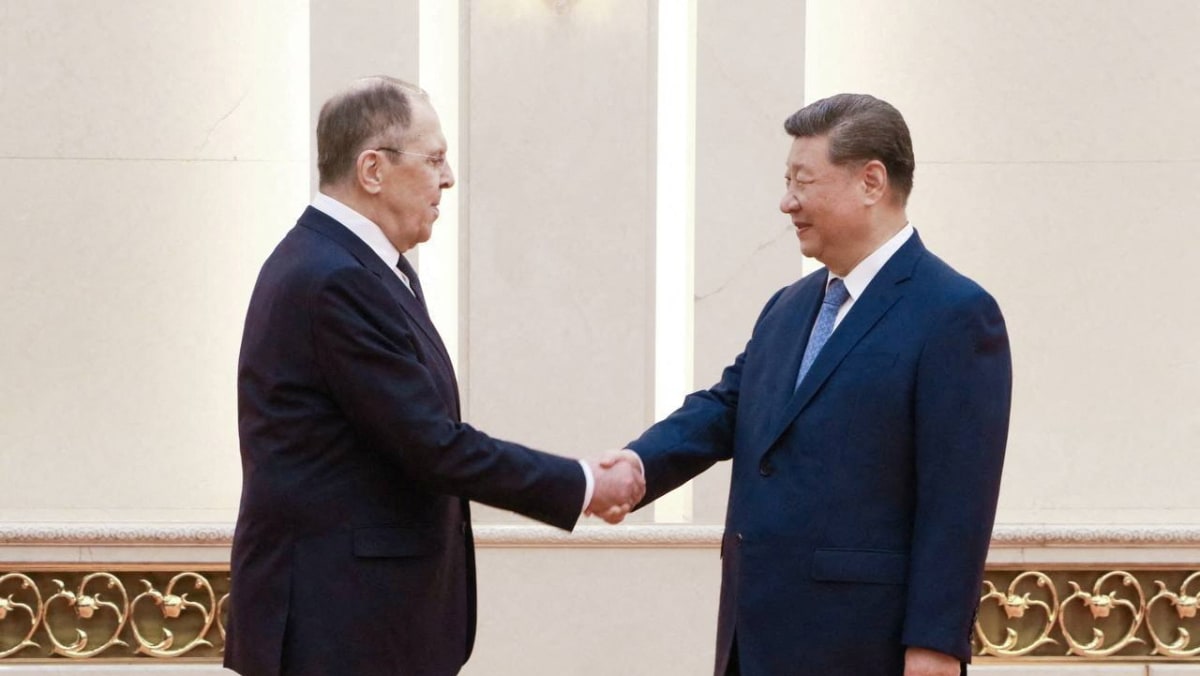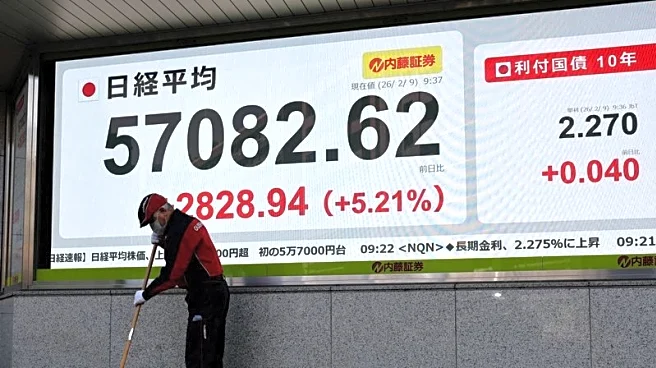In a striking display of diplomatic engagement, Russian Foreign Minister Sergei Lavrov has recently completed a significant tour of Asia, highlighting a growing alliance between Russia, North Korea, and
Did You Know
At birth, a baby panda is smaller than a mouse.
?
AD
China against a backdrop of geopolitical strife. During his visit to North Korea, Lavrov met with his North Korean counterpart in Wonsan, where the latter reaffirmed support for Russia's military actions, particularly regarding the Ukraine conflict. This meeting underscores the deepening ties between the two nations as they seek to collaborate amidst increasing international isolation and scrutiny.
Lavrov’s journey continued in China, where he participated in critical discussions at the Shanghai Cooperation Organisation foreign ministers' meeting. President Xi Jinping welcomed Lavrov, emphasizing the importance of mutual support between China and Russia as they navigate their complex relationship with the United States. The dialogue extended beyond bilateral relations to address shared concerns regarding U.S. influence, showcasing a unified stance among the allies as they promote a robust front against perceived external pressures.
The backdrop of these meetings cannot be ignored, as U.S. military support for Ukraine intensifies and sanctions against Russia loom larger. Lavrov also engaged in conversations with U.S. Secretary of State Marco Rubio during the ASEAN foreign ministers’ meeting in Kuala Lumpur, reiterating the continued, albeit strained, communication between Washington and Moscow. As Russia deepens its alliances with North Korea and China, the geopolitical landscape is poised for significant shifts, raising questions about the balance of power and the future of international relations in an increasingly polarized world.
Q&A (Auto-generated by AI)
What is the Shanghai Cooperation Organisation?
The Shanghai Cooperation Organisation (SCO) is a Eurasian political, economic, and security alliance founded in 2001. It includes China, Russia, and several Central Asian nations. The SCO aims to promote regional stability, combat terrorism, and enhance economic cooperation. In recent years, it has also focused on countering Western influence and fostering closer ties among member states.
How do China and Russia's ties impact global politics?
China and Russia's partnership significantly influences global politics, particularly in countering U.S. dominance. Their collaboration on issues like security, trade, and military cooperation creates a counterbalance to Western alliances. This relationship has grown stronger amid shared interests, such as opposing Western sanctions and fostering multipolarity in international relations.
What role does the U.S. play in this situation?
The U.S. plays a critical role by acting as a counterweight to the growing China-Russia alliance. Both nations view U.S. policies, especially regarding sanctions and military aid to Ukraine, as threats. The U.S. seeks to strengthen alliances in the Asia-Pacific region, engage in diplomatic efforts, and impose sanctions on Russia to limit its influence and actions in Ukraine.
What are the implications of Xi's support for Russia?
Xi's support for Russia signals a deepening alliance that could embolden Russia in its foreign policy, especially regarding Ukraine. This partnership may lead to increased military cooperation and economic ties, impacting global energy markets and geopolitical stability. It also reflects China's strategy to challenge U.S. influence and assert its role as a global leader.
How has the relationship between China and Russia evolved?
China and Russia's relationship has evolved from historical rivalry to a strategic partnership, particularly after the Cold War. Shared interests in countering Western influence, economic cooperation, and military collaboration have strengthened their ties. Recent events, such as the Ukraine conflict, have further solidified their alliance, as both nations seek mutual support.















